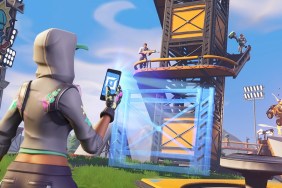Valve is implementing new policies to combat Steam review bomb campaigns and protect games from off-topic reviews. The move comes after a number of games were the target of review bombs unrelated to the content of the game itself.
Valve announced the change in a blog post titled “User Reviews Revisited” earlier today. At its most basic, Valve is going to identify off-topic review bombs, and remove them from review scores. The company dove into how it will determine review bombs, what constitutes “off-topic” reviews and more.
For starters, the company is classifying review bombs as “a large number of reviews in a short period of time, aimed at lowering the Review Score of a game.” An off-topic review bomb has been defined by Valve as “one where the focus of those reviews is on a topic that we consider unrelated to the likelihood that future purchasers will be happy if they buy the game, and hence not something that should be added to the review score.”
Valve noted that there are gray areas with regards to what is and what is not “off-topic” but the change will also let developers make decisions regarding how review bombs are counted. Developers will be able to decide to allow off-topic reviews to exist, but not reflect within the review score itself. Steam will also now show what periods of time are taken out of the calculation of a game’s review score.
One potential problem is that Valve is counting DRM and licensing agreement changes as off-topic, meaning community issues with these aspects of a game release won’t reflect in a game’s review score.
Steam review bomb campaigns have become increasingly prevalent over the past year with a number of high-profile titles being targeted. Valve’s own CS:GO was the target of a review bomb when it went free-to-play, and Shadow of the Tomb Raider was targeted for going on sale weeks after its release.
PC Platforms
-
The PC Platform Puzzle | Digital Distribution in 2019

Gamers are spoiled for choice in 2019 when it comes to digital storefronts. While there are definitely pros and cons to each storefront, it can be daunting to shop if you're just browsing. Here is the landscape of digital games on PC in 2019. -
Steam

The longtime default champion of the category, Valve's Steam won over consumers with amazing sales, vast selection, and indie curation. While things have been rough the past few years for the original distributor, it's safe to say that Valve will do whatever it takes to stay competitive, bar hiring a few support people. -
Epic Games Store
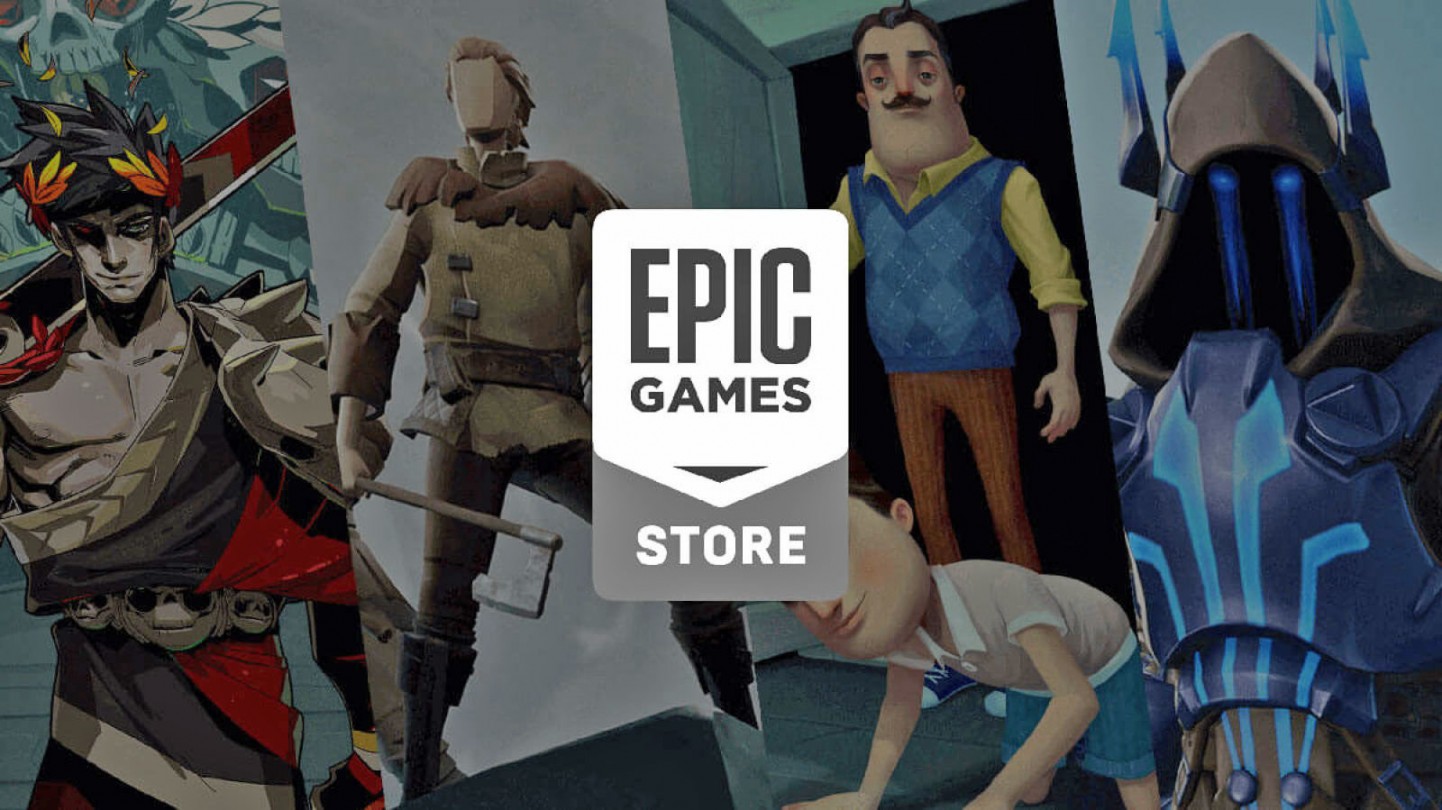
Created with the help of Fortnite's immeasurable success, the EGS has hit the ground running by securing a range of highly desirable PC exclusives like Metro Exodus and The Divison 2. While some frown upon these tactics, there's no denying that Epic's generous financials towards developers is shaking things up. -
GOG
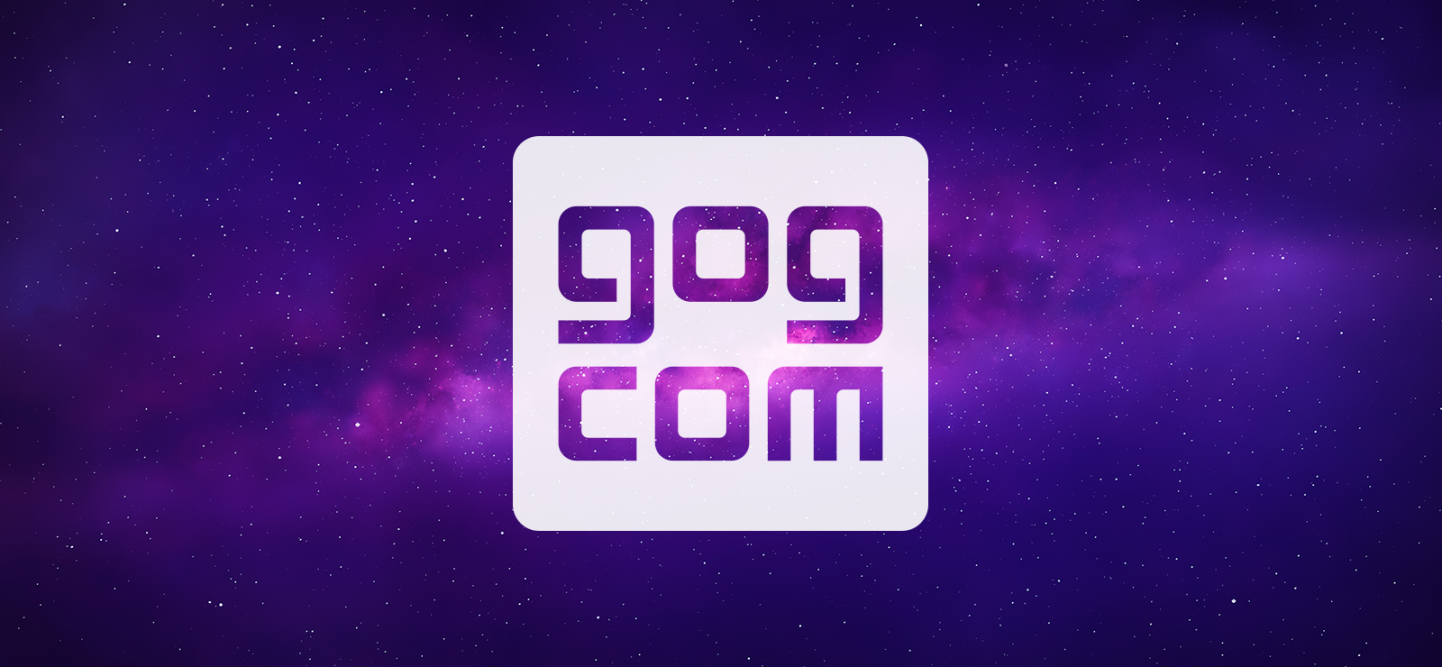
Formally known as Good Old Games, GOG is known for offering older titles in addition to newer indie releases, all without any DRM. It is also the driving force behind re-releases of many retro titles that would be lost to time otherwise. Most recently, GOG teamed with Blizzard to bring back the original Diablo. -
Origin

EA's Origin is a long time Steam alternative that offers EA's lineup and a host of select third-party titles. Mainly focused on selling you an Origin Access subscription nowadays, it is a feature-rich platform that only lacks in a robust selection of games. -
Blizzard Battle.net
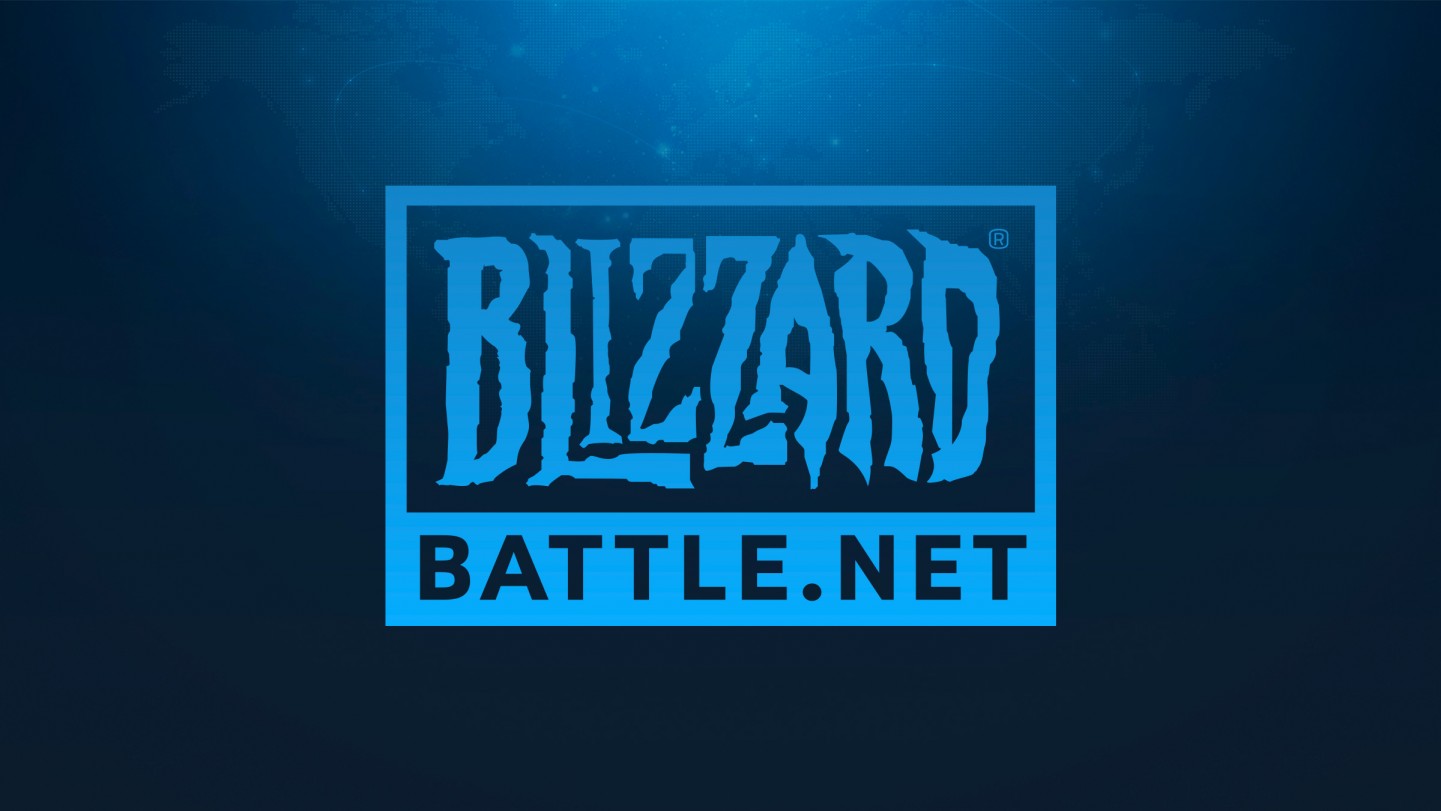
The home of Overwatch, World of Warcraft, and Starcraft 2 recently became the home of Call of Duty as well. Activision is taking a new approach with Blizzard's PC launcher, and only time will tell if future Activision products also make the jump to Battle.net exclusivity. -
Bethesda.net
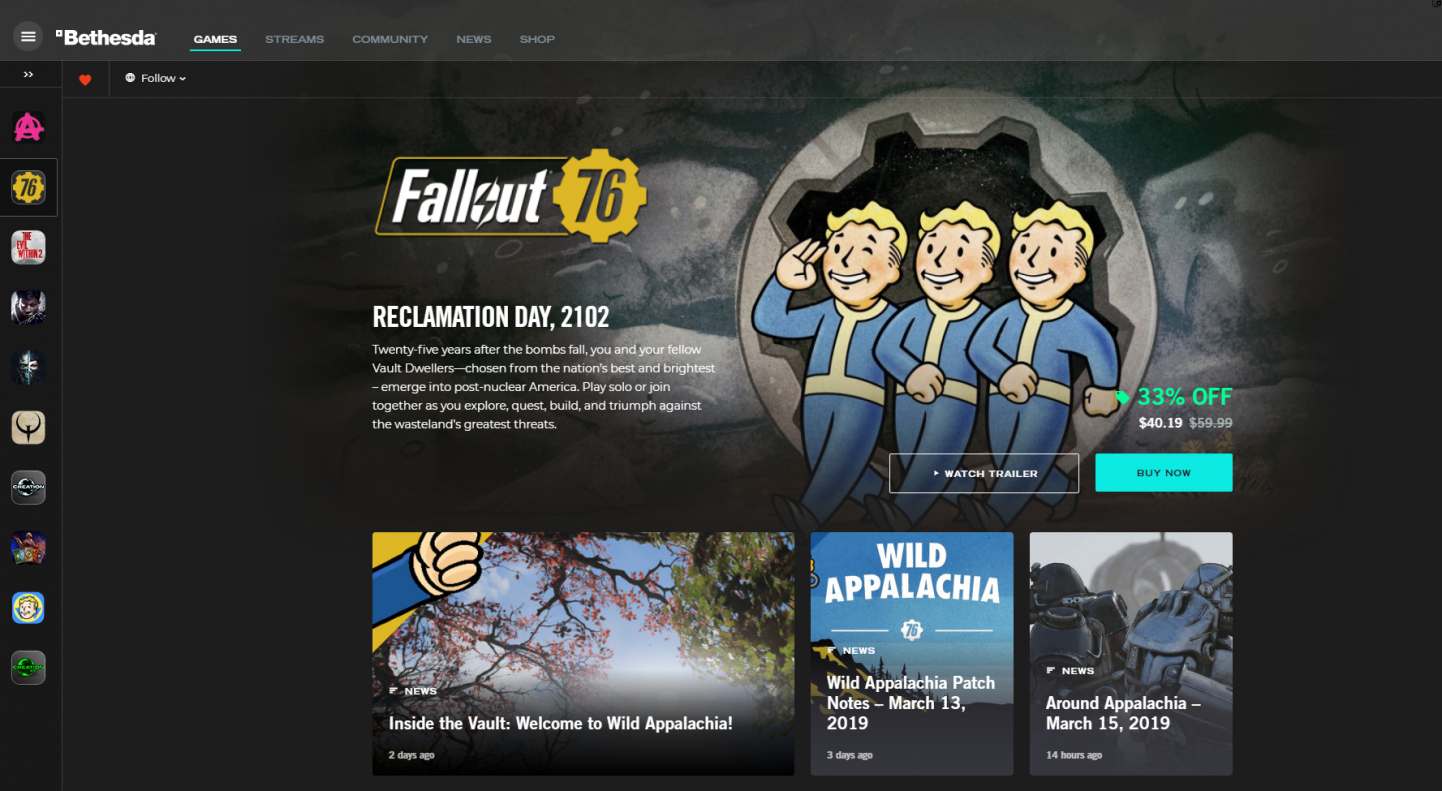
Bethesda's play at digital distribution has been a half step at best. While Fallout 76 is the first game of note to live exclusively on the platform, not many really want to play that at all. The rest of Bethesda's catalog is available, but many prefer to wait for a sale elsewhere than get in on another launcher. -
Uplay
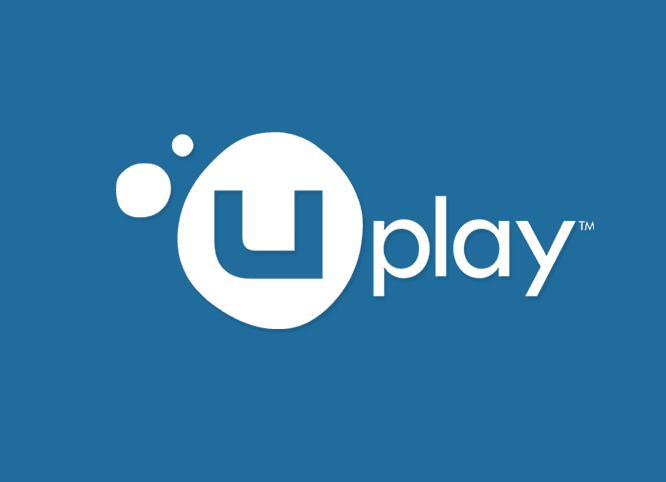
Ubisoft's launcher is the home for every Ubisoft release, but they're not bound to the store. Unlike most places, Ubisoft sells its games everywhere, even if you have to launch Uplay after you hit play anyway. It also carries a limited array of third-party games in case you're interested. -
Itch Io_
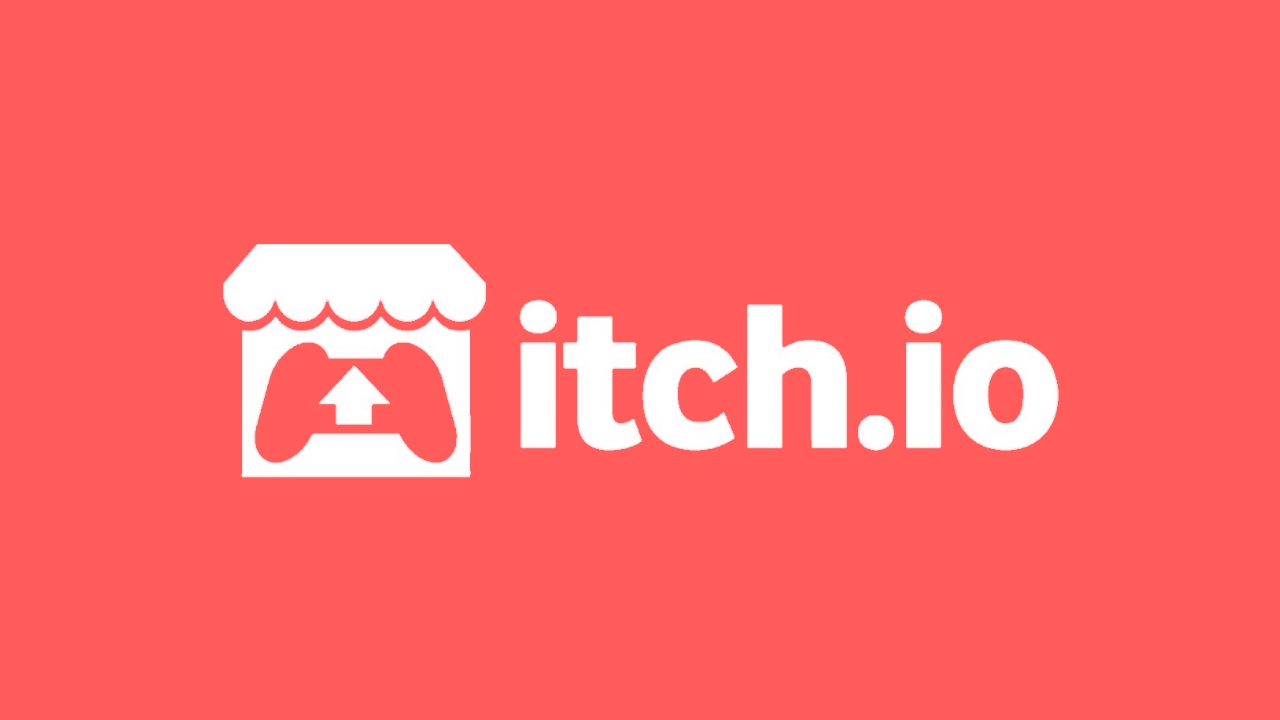
itch.io is a completely open marketplace where anyone can publish with almost no restrictions. This used to give it a unique place in the market, but now it carries on thanks to its pro-indie messaging and low-fi atmosphere. If you want to play something extremely experimental, itch is for you. -
Kartridge
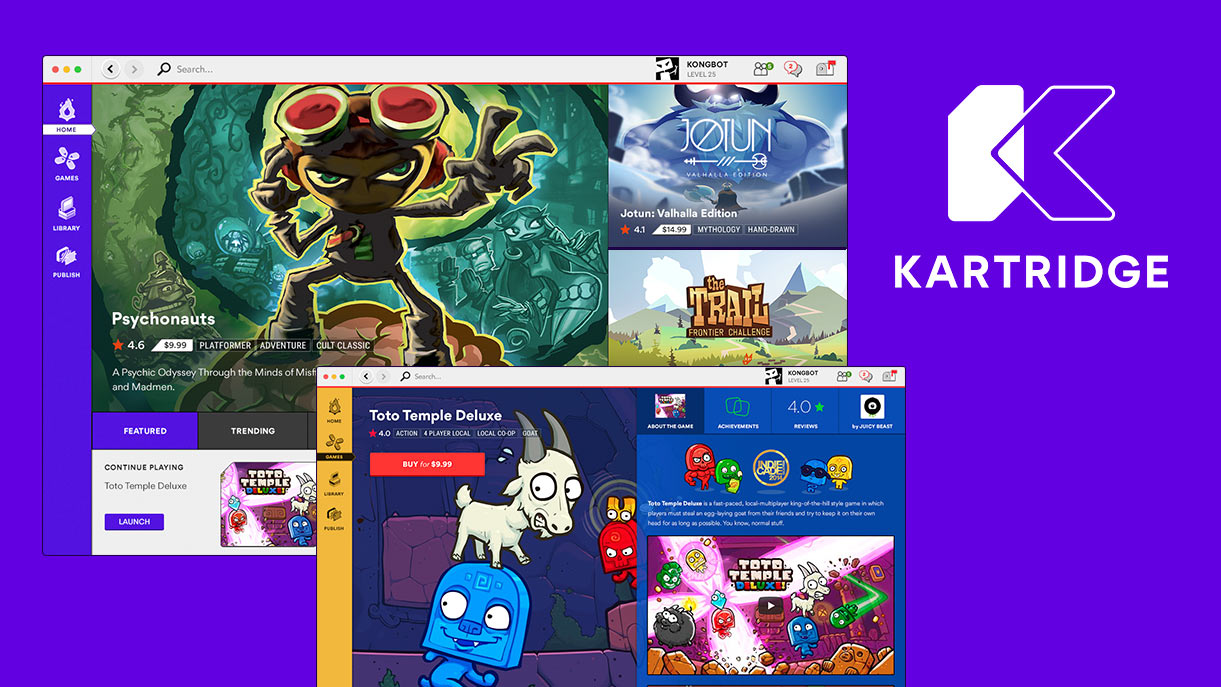
One of the newest storefronts around, Kartridge is the premium game store from Kongregate. It has a large selection of indie games big and small and a few interesting features regarding achievements. Kartridge hasn't made a huge splash, although it is planning to secure some exclusives in the near future. -
Discord

The popular chatting app has several ways to sell players games. They have a Nitro subscription service that comes with their premium options and consists of older PC gems. They've also recently announced that developers will be able to sell directly to their fans via official channels very soon.








